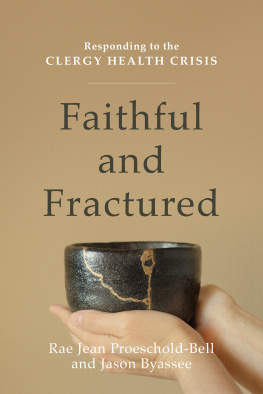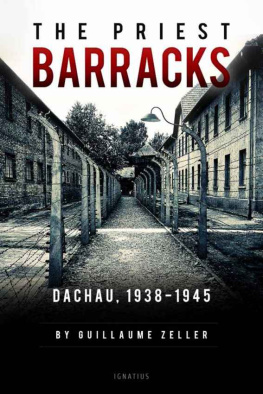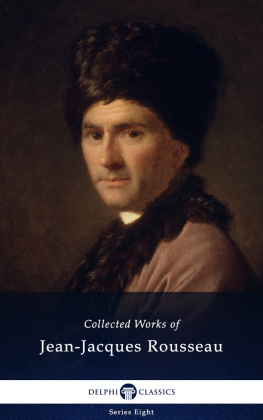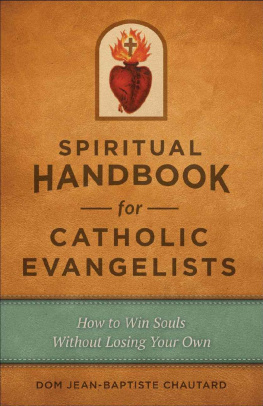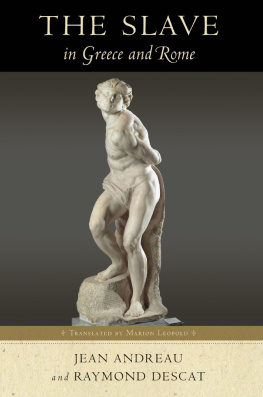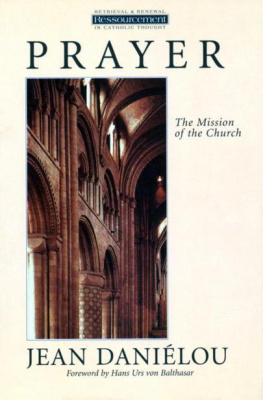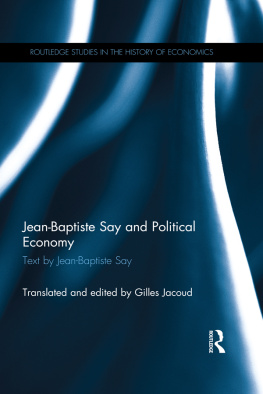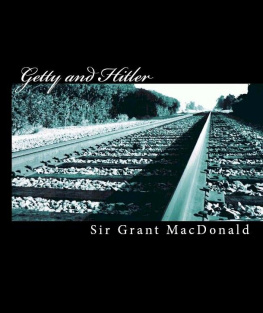Jean - Priestblock 25487 A Memoir of Dachau
Here you can read online Jean - Priestblock 25487 A Memoir of Dachau full text of the book (entire story) in english for free. Download pdf and epub, get meaning, cover and reviews about this ebook. year: 2011, publisher: Zaccheus Press, genre: Detective and thriller. Description of the work, (preface) as well as reviews are available. Best literature library LitArk.com created for fans of good reading and offers a wide selection of genres:
Romance novel
Science fiction
Adventure
Detective
Science
History
Home and family
Prose
Art
Politics
Computer
Non-fiction
Religion
Business
Children
Humor
Choose a favorite category and find really read worthwhile books. Enjoy immersion in the world of imagination, feel the emotions of the characters or learn something new for yourself, make an fascinating discovery.
- Book:Priestblock 25487 A Memoir of Dachau
- Author:
- Publisher:Zaccheus Press
- Genre:
- Year:2011
- Rating:5 / 5
- Favourites:Add to favourites
- Your mark:
- 100
- 1
- 2
- 3
- 4
- 5
Priestblock 25487 A Memoir of Dachau: summary, description and annotation
We offer to read an annotation, description, summary or preface (depends on what the author of the book "Priestblock 25487 A Memoir of Dachau" wrote himself). If you haven't found the necessary information about the book — write in the comments, we will try to find it.
Jean: author's other books
Who wrote Priestblock 25487 A Memoir of Dachau? Find out the surname, the name of the author of the book and a list of all author's works by series.
Priestblock 25487 A Memoir of Dachau — read online for free the complete book (whole text) full work
Below is the text of the book, divided by pages. System saving the place of the last page read, allows you to conveniently read the book "Priestblock 25487 A Memoir of Dachau" online for free, without having to search again every time where you left off. Put a bookmark, and you can go to the page where you finished reading at any time.
Font size:
Interval:
Bookmark:

Preface by Sen Cardinal OMalley
Introduction by Robert Royal
Foreword to the Original Edition
In Prison
Arrival at Dachau
The First Two Weeks
In the Main Camp
First Mass in the Camp
Recollections from the First Few Months
The Good Times Come to an End
Winter Approaches
Christmas 1941
Ten Days Leave and My Return to Dachau
Transport Commando Praezifix
Easter Week 1942
Hunger
Visitors in the Camp
At the End of Our Strength
The Infirmary
Dead End
Renewed Hope
Released
Biographical Note
Contributors
Most Catholics would be encouraged to learn that several thousand Roman Catholic priests preached against Hitlers motives and personally protected many Jews during the Second World War. These men modeled their lives on Jesus Christ, the High Priest. Consequently, they became a targeted population by the Third Reich. Over 2,000 Catholic priests became prisoners of one of Hitlers earliest concentration camps, Dachau in Bavaria, Germany. These saintly men of pastoral charity are icons of the suffering servant in their zeal for souls. The priests of Dachau were sentenced to the barracks which became known as the Priestblock.
The testimony you are about to read, Priestblock 25487 , resurrects the memory of these selfless men. Each page rebuilds the foundation of the barracks with testimony of their priestly outreach to the prisoners in the camp. These priests struggled with the same horrific conditions as did everyone in Dachau. The shadow of the Cross will come across all our lives at some point with the pain of suffering. The priests of Dachau remind all of us that suffering is redemptive in Christ Jesus. Sacred scripture highlights for us that where sin abounds, grace abounds all the more. Truly, the grace of the priesthood was abundant at Dachau.
Priestblock 25487 will inspire everyone who reads it with a renewed gratitude for the priesthood of Jesus Christ. We live in an age where Hollywood and sport figures are held up as role models. Today, we have before us the lived witness of the priests of Dachau who model virtue and lives of faith.
We give thanks to Almighty God for the heroic witnesses of Priestblock 25487 .
People who have not looked carefully at the position of the Catholic Church under the Third Reich may be particularly surprised by this story. The Nazis did not want to exterminate all Catholics, but they most certainly did want to exterminate all Jews, and they nearly succeeded. So the Shoah cannot and should not be described as if the Nazis did as much harm to Catholics as they did to Jews. Yet it is a fact of history that millions of Catholics were murdered in the Nazi camps, and that is something we must never forget.
During and right after World War II, it was commonly assumed that Christians as well as Jews suffered a great deal under Hitler. Jews were grateful to Catholics and others for such assistance as they were able to provide, and especially esteemed Pope Pius XII, who quite probably saved more Jews from the Nazis than any other single person. That was why Golda Meir, one of the founders and later Prime Minister of the newly created Jewish state of Israel, thanked the pope and honored him among the righteous gentiles: When fearful martyrdom came to our people in the decade of Nazi terror, the voice of the pope was raised for the victims. Similarly, Moshe Sharett, the second Prime Minister of Israel, remarked after meeting with Pius: I told him [the Pope] that my first duty was to thank him, and through him the Catholic Church, on behalf of the Jewish public for all they had done in the various countries to rescue Jews. We are deeply grateful to the Catholic Church.
But beginning in the 1960s, following a play entitled The Deputy by the Communist-inspired revisionist, Rolf Hochuth, there has been a massive attempt to deny these facts and paint the Church as all but a Nazi accomplice and Pius as Hitlers pope.
One of the advantages of a memoir like this is its concrete evidence that the anti-Catholic smears are false. Pius was aware not only of the threats to Jews but the widespread persecution of his own priests by the Nazis. Careful study of the records in recent years has even given us some concrete numbers that were not available to the pope at the time. In 1932, for instance, just before the Nazis came to power, there were about twenty-one thousand priests in Germany. By the time Nazism was defeated a decade later, more than eight thousand of these men had either been threatened, beaten, imprisoned, or killed by the regime. In other words, well over one-third of Germanys priests came into open conflict with the Third Reich. We can be morally certain that the number who, seeing the treatment of their fellows, opposed Nazism in more subtle or quiet ways was even higher.
Font size:
Interval:
Bookmark:
Similar books «Priestblock 25487 A Memoir of Dachau»
Look at similar books to Priestblock 25487 A Memoir of Dachau. We have selected literature similar in name and meaning in the hope of providing readers with more options to find new, interesting, not yet read works.
Discussion, reviews of the book Priestblock 25487 A Memoir of Dachau and just readers' own opinions. Leave your comments, write what you think about the work, its meaning or the main characters. Specify what exactly you liked and what you didn't like, and why you think so.

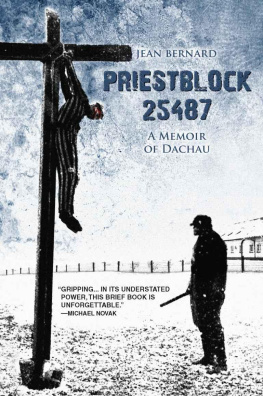

![Jean - [SSA] Terribly Twisted Tales](/uploads/posts/book/191529/thumbs/jean-ssa-terribly-twisted-tales.jpg)

